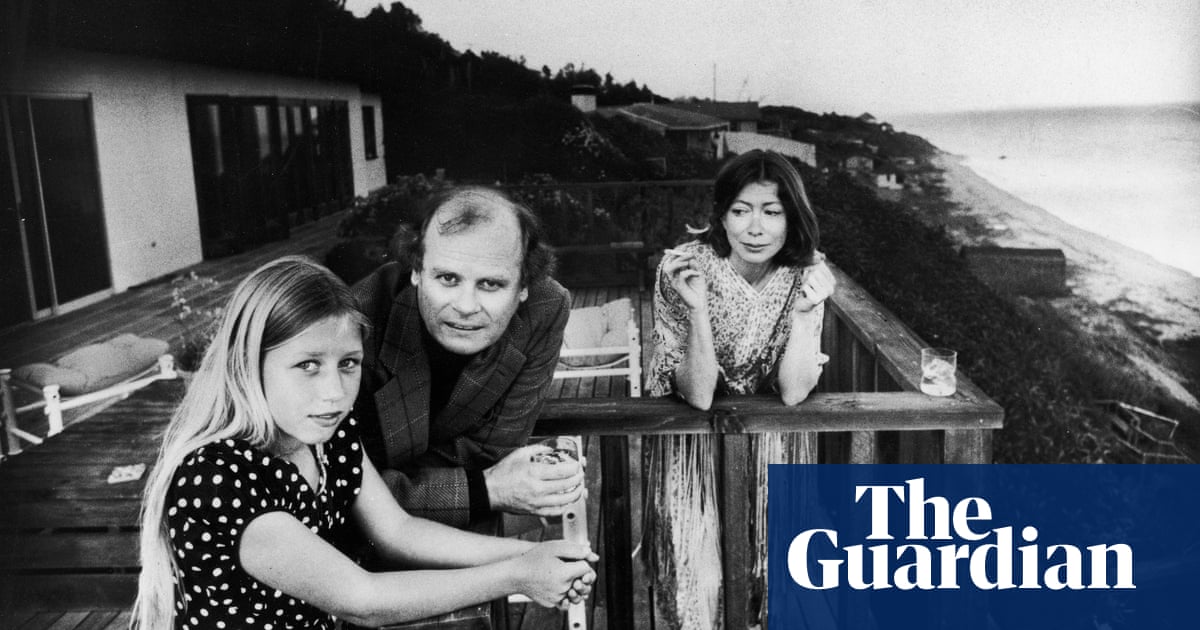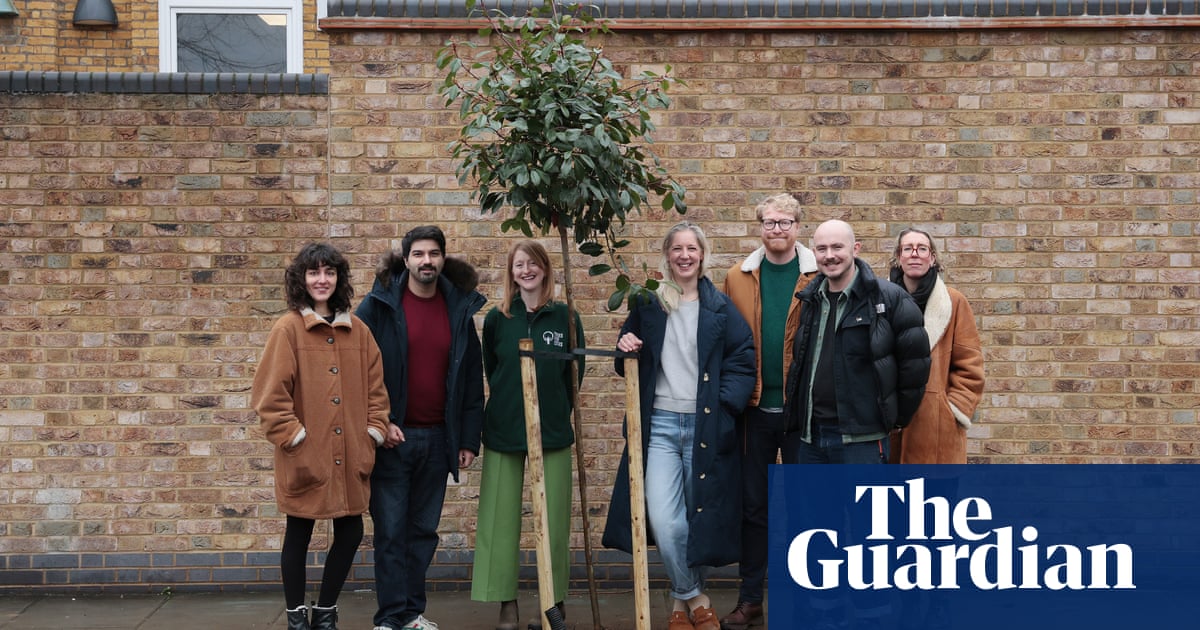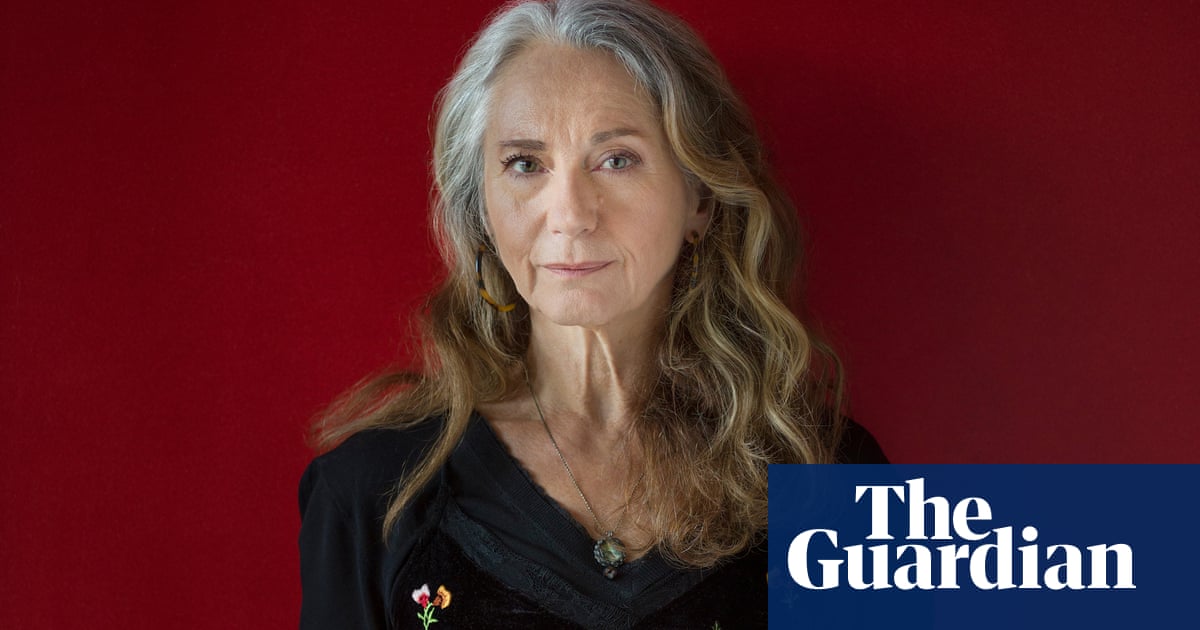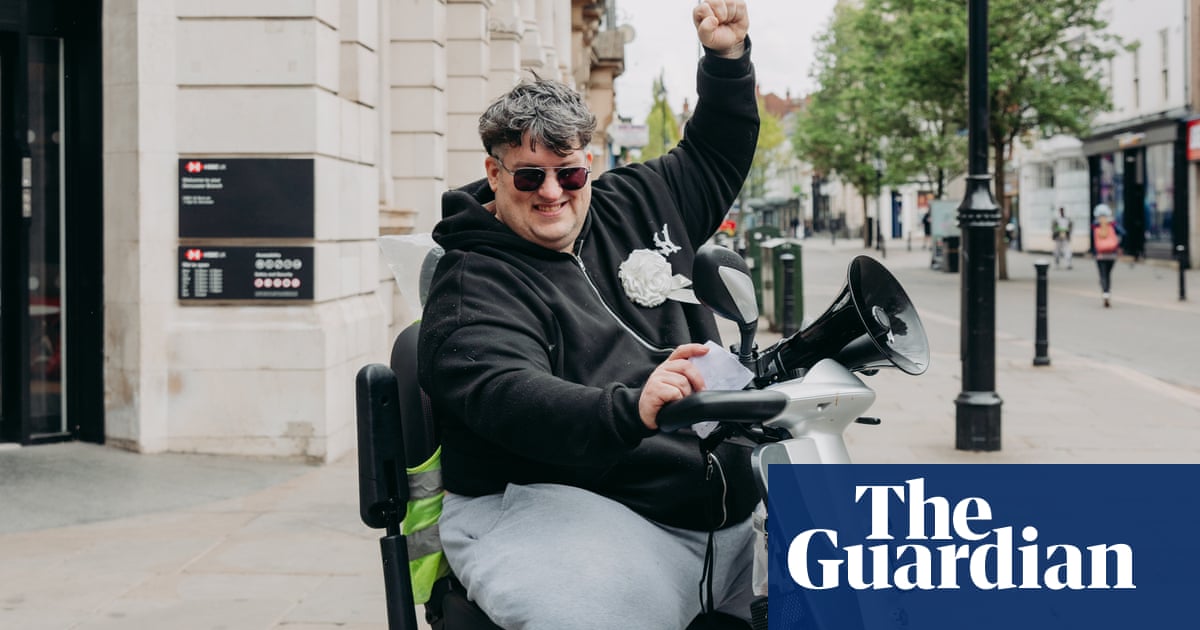The horrendous torture and murder of Sara Sharif has, at last, shone a light on the inadequacies of the way we have monitored home education (Judge in Sara Sharif case warns of ‘dangers’ of automatic right to home school children, 17 December). For a decade I was an inspector of home education for two education authorities, and I became increasingly disturbed by the blatant – but legal – slackness of the recording that was required.
Remarkably, I found that I had no legal authority to meet the children to monitor the provision of their education. Although most parents allowed me into their houses, a few merely provided me with work that their child had done – but I had no way of knowing its authenticity. I was overruled by one director of education when I wanted to investigate further. Even when I did meet the children, it was only once a year, and in most cases the level of education I found was pitiful. Two decades later, there is no evidence to suggest things have improved.
My best endeavours to alert the nation about the scandal of home education were largely ignored. I wrote about it in the national newspapers and appeared on TV and radio, but with little effect. The main response to my whistleblowing was abuse from some home educators. I can only hope that the murder of Sara Sharif will alert the public to a major problem that needs rectifying.
Tony Mooney
London
The renewed emphasis being placed upon further legislation to regulate home schooling should not be the chief response to the growing and legitimate concern about why Sara was left unprotected by public agencies. To do so would be to miss the real subject of concern.
Although the agencies had agreed that her regular school was best placed to monitor her safety, the fact of her father taking her out of school to be schooled at home should not then have prevented Surrey police or children’s services from exercising their responsibilities to step forward to see her at home and ensure she was not being ill treated or harmed.
The fact that this did not happen and that her “case” was even closed must be the principal focus of the investigation that is being pursued.
Brian Waller Retired director of social services
Tony Clamp highlights the dismantling of ContactPoint by the coalition government (Letters, 16 December). To this I’d add Every Child Matters, the appointment of a lead professional, Sure Start and other measures set in place following the 2003 report of the inquiry into Victoria Climbié’s death.
Lessons appeared to be learned by the Blair government, which showed a determination to put in place a protective network of support and care for children. It was all swept away by the coalition’s funding cuts. In spite of the impact these measures would have on children’s services, one minister boasted that there was more fat to be cut.
In another letter, Dr David Saltiel cautions about being unrealistic in preventing more murders like that of Sara. However, Sara’s death was not inevitable. Had she been surrounded by a protective network of well-resourced professional agencies charged with keeping her safe, she may have had a future beyond her sadistic family.
The foundations of this system were being established following the lessons learned by the death of a child. Surely it is the priority of the government to keep their citizens safe, especially children. Those who decided that not every child matters must bear some of the responsibility for abandoning children who need our protection.
David Newton
Godmanchester, Cambridgeshire

.png) 3 months ago
29
3 months ago
29













































